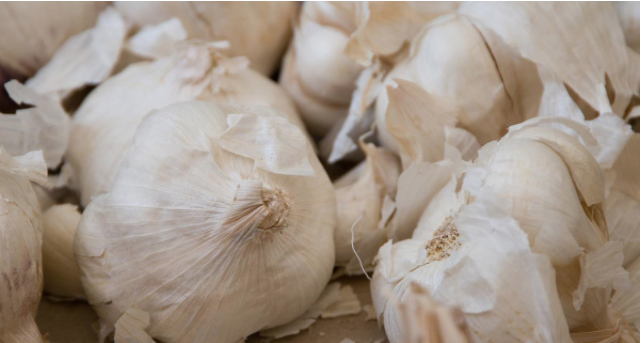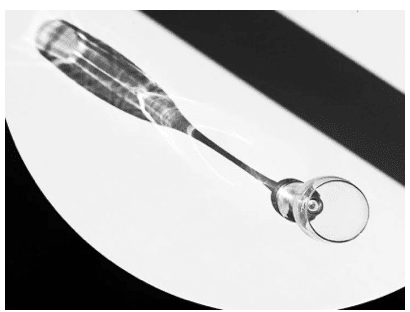Researchers from South Korea’s National Institute of Agricultural Sciences and Korea University explored the potential of low temperature-aged garlic to reduce fatigue. Their findings were published in the Journal of Medicinal Food.
- The researchers aged garlic at 60 C for 60 days to obtain low temperature-aged garlic (LTAG).
- LTAG was peeled and then processed with 70 percent ethanol (EtOL) to obtain an extract. This was then concentrated under vacuum at 45 C and lyophilized to create an LTAG extract without the garlic’s spicy flavor.
- The researchers then fed two groups of mice with either the LTAG extract or a control.
- After 28 days of treatment, five mice from each group were subjected to an exhaustive treadmill capacity test.
- Immediately after the treadmill tests, the researchers evaluated the levels of glucose, lactate dehydrogenase (LDH), free fatty acid (FFA) and lactate in the mice’s blood.
- They found that glucose, LDH, FFA and lactate levels were significantly reduced in the LTAG-fed mice compared to the control group.
- Gastrocnemius muscle tissue was also isolated from the mice and rapidly frozen in liquid nitrogen.
- Muscle glycogen levels were significantly increased in the LTAG-fed mice.
Based on their findings, the researchers concluded that low temperature-aged garlic has potential as a natural anti-fatigue agent.
bg







